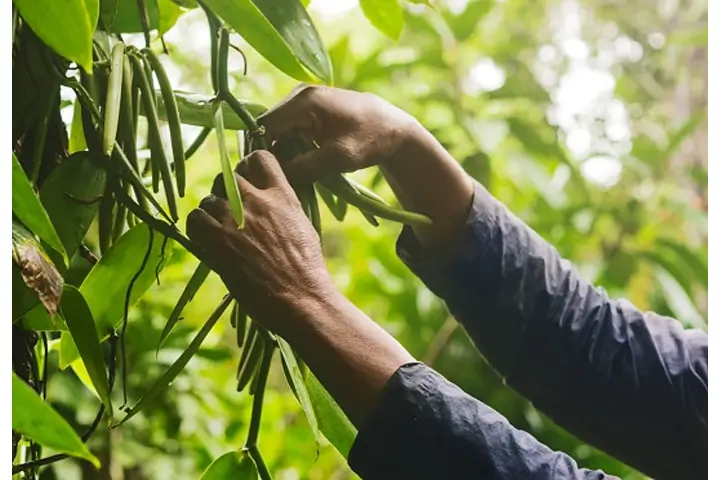
Tanzania’s agricultural sector has received a significant boost with the recent launch of the Agriculture Insurance Consortium (KONSOTIA YA BIMA YA KILIMO) in collaboration with the Association of Tanzania Insurers (ATI). This consortium aims to provide comprehensive insurance coverage for agricultural activities, offering crucial protection and support to farmers across the country.
The agriculture insurance consortium, a joint effort between the government of Tanzania and the Association of Tanzania Insurers, is set to transform the landscape of agricultural insurance in the country. At the outset, the consortium will focus on providing insurance solutions for the tobacco crop, with ambitious plans to expand its coverage to include other vital crops, fisheries, livestock, and forestry.
Hussein Bashe, Tanzania’s Minister of Agriculture, expressed the government’s commitment to allocate funds through the Ministry of Agriculture to incentivize the adoption of agricultural insurance. This support underscores the consortium’s dedication to protecting farmers and mitigating risks associated with the agricultural sector.
Dr. Baghayo Saqware, Commissioner General of the Tanzania Insurance Regulatory Authority (TIRA), emphasized the consortium’s essential role in advising the government on the establishment of the National Agricultural Insurance Scheme. This strategic collaboration ensures that the insurance offerings are well-tailored to meet the specific needs and challenges faced by farmers in Tanzania.
Earlier this year, the country took another significant step in enhancing the resilience of its farmers against the impact of climate change by launching a crop insurance coverage initiative. The joint venture between Yara Tanzania, a leading fertilizer manufacturer, Jubilee Insurance, and Equity Bank Tanzania sought to provide crop insurance coverage and increase accessibility to this crucial service, which was previously underutilized in the country.
Agricultural insurance sales in Tanzania reached TZS 1.3 billion in 2021, accounting for 0.17% of the total insurance sales in the country during that year. With the introduction of the Agriculture Insurance Consortium, these figures are expected to rise significantly as farmers gain access to more comprehensive and tailored insurance solutions.
In a separate development aimed at further boosting Tanzania’s agricultural sector, over TZS 30 billion will be invested in Dodoma, the country’s capital city, to foster vanilla farming. Inspired by the success recorded in Zanzibar, this project aims to promote crop business and generate employment opportunities for the youth.
The ambitious three-year project envisions the construction of greenhouses, creating an optimal environment with the right temperature and humidity for vanilla farming. These state-of-the-art greenhouses will be equipped with advanced irrigation systems, ensuring that the crops receive the necessary dew conditions critical for vanilla production.
Simon Mnkondya, the CEO of Vanilla Village Limited, outlined the project’s scope, which includes drilling about 40 bore wells to provide sufficient water to the farm and constructing reliable roads. Additionally, a produce processing plant will be built, and funds will be allocated for the procurement of high-quality seeds.
The project is also committed to empowering the local community, with approximately 130 Tanzanians currently working on the initiative. Sixty percent of the workforce comprises women from vulnerable situations, complemented by a team of skilled agriculture experts.
The anticipated outcome of this endeavor is a bountiful harvest of 70 tonnes of vanilla, meeting the annual demands of clients in Dubai, Germany, and the US. Vanilla, known as the second most expensive spice in the world after saffron, holds significant economic value, primarily used as a seasoning and coloring agent in various food products.
With the Agriculture Insurance Consortium ensuring the protection of farmers’ interests and initiatives like the vanilla farming project driving economic growth, Tanzania’s agricultural landscape is poised for a brighter and more sustainable future. These developments underscore the government’s commitment to supporting its farmers and fostering a thriving agricultural sector for the nation’s prosperity.
Stay updated with the latest farming tips and agriculture industry news from Africa by subscribing to our newsletter. Don’t miss out on valuable insights and updates. Follow us on Twitter, LinkedIn, and Facebook to join our farming community and stay connected with us.



















